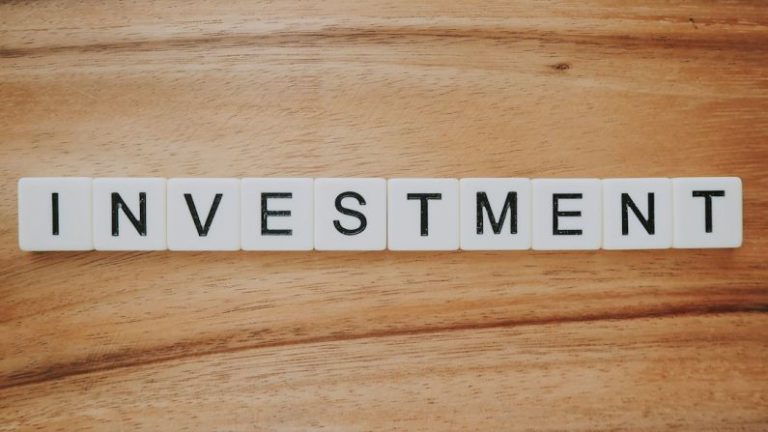Can Real Estate Be a Safe Investment?
Investing in real estate has long been considered a safe and reliable way to grow wealth. But with the recent economic downturn and the uncertainty in the global market, many people are questioning whether real estate can still be a safe investment. In this article, we will explore the factors that make real estate a potentially safe investment, as well as the risks associated with it.
1. Tangible Asset
One of the main reasons why real estate is often considered a safe investment is because it is a tangible asset. Unlike stocks or bonds, which can be affected by market fluctuations, real estate is a physical property that you can see and touch. This provides a sense of security, as you have something of value that can’t simply disappear overnight.
2. Potential for Appreciation
Real estate has the potential to appreciate in value over time. While there are no guarantees, historically, real estate has shown a steady increase in value over the long term. This means that if you hold onto a property for a significant period of time, you could potentially sell it for a higher price than what you initially paid for it.
3. Income Generation
Another advantage of investing in real estate is the potential for income generation. If you invest in rental properties, you can earn a steady stream of income from tenants. This can provide a reliable source of cash flow, which can be especially beneficial during times of market volatility.
4. Diversification
Real estate can also be a valuable addition to your investment portfolio for diversification purposes. By diversifying your investments across different asset classes, such as stocks, bonds, and real estate, you can spread out your risk. This means that if one investment performs poorly, the others may help to offset the losses.
5. Inflation Hedge
Inflation is a concern for many investors, as it erodes the purchasing power of money over time. However, real estate has historically been a good hedge against inflation. As the cost of living increases, so does the value of real estate. This means that your investment can potentially keep up with or even surpass inflation rates.
6. Risks to Consider
While real estate can be a safe investment, it is not without its risks. Market fluctuations, economic downturns, and changes in government regulations can all impact the value of your property. Additionally, real estate requires ongoing maintenance and can be affected by factors such as location, tenant vacancies, and property management issues.
7. Research and Due Diligence
To mitigate these risks, it is important to conduct thorough research and due diligence before investing in real estate. This includes analyzing market trends, assessing property values, and understanding the local rental market. It is also crucial to have a contingency plan in case of unforeseen circumstances.
In conclusion, while real estate can be a safe investment, it is not immune to risks. However, by considering the advantages of real estate as a tangible asset, its potential for appreciation and income generation, as well as its ability to diversify and act as an inflation hedge, it can still be a valuable addition to a well-rounded investment portfolio. Just remember to do your research and due diligence to minimize the risks associated with real estate investment.






